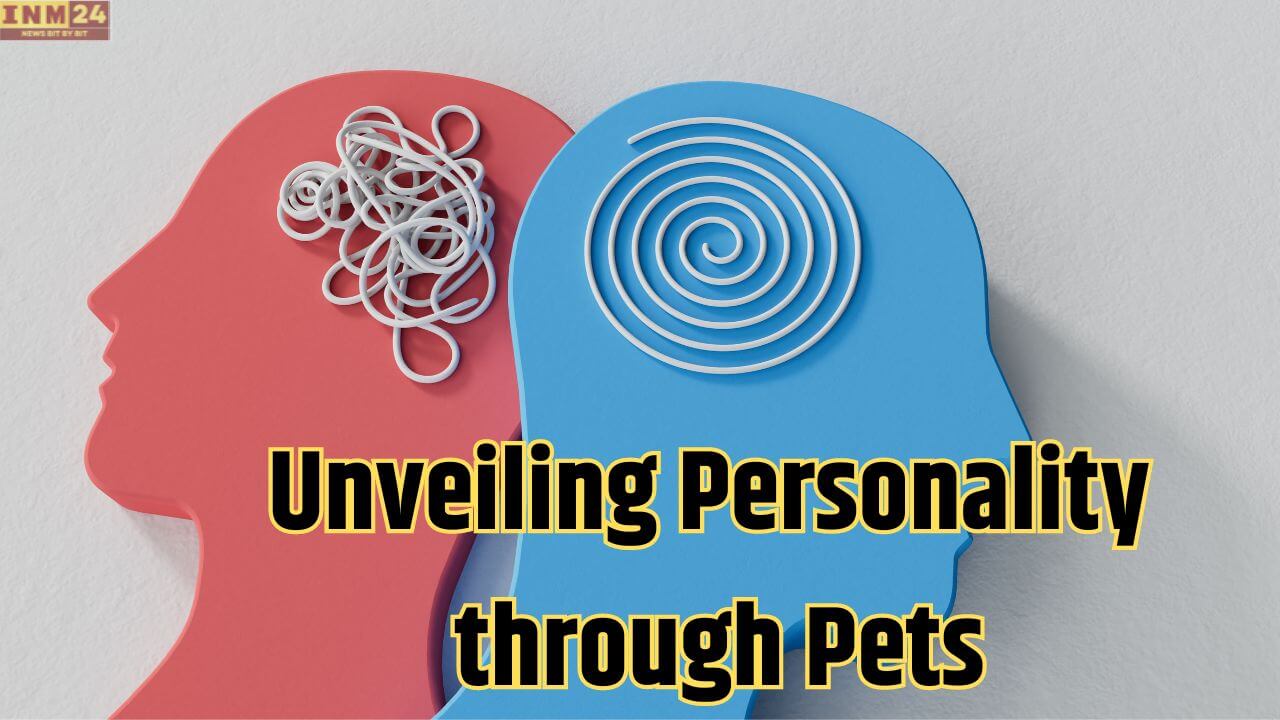Psychology, the study of human mental processes and behaviors, delves into various facets of our psyche, providing insights into the reasons behind our thoughts and actions. Psychological facts draw on scientific studies and research, shedding light on different aspects of human behavior. In this article, we explore fascinating psychological facts related to individuals being categorized as either “dog persons” or “cat persons,” and how these preferences might offer insights into one’s personality.
Understanding Stability in Personality
The longstanding question of whether personality changes over time or remains stable throughout one’s life has been a subject of longitudinal studies in personality psychology. Research by Paul T. Costa Jr. suggests that major components of our personality tend to remain stable throughout our lives, maintaining consistency as we age.
Unique Personalities of Pets
Many pet owners observe distinct behaviors in their dogs or cats, believing that their pets possess personalities unique to their breed. Scientific studies have explored patterns in the behavior of various animals, from cats and dogs to monkeys, birds, and elephants, revealing individual traits and characteristics that set them apart. While critics argue against anthropomorphizing animals, researchers like Sam Gosling at the University of Texas at Austin have conducted extensive studies on animal behavior, yielding valuable insights.
Personality Traits in Dog and Cat Owners
Research conducted by Gosling and his team involved a study with 4,500 participants, examining the correlation between pet preferences and human personality traits. Participants were classified as “dog persons” or “cat persons,” and a survey measured personality traits such as agreeableness, conscientiousness, openness, extraversion, and neuroticism. The findings suggested that individuals identifying as “dog persons” tended to be more outgoing and eager to please, while those identifying as “cat persons” exhibited more introverted and curious traits.
The Impact on Human-Animal Bonds
The correlation between human and pet personalities has practical implications, especially in areas such as veterinary care. Personality screening could help match individuals with pets whose personalities align, fostering stronger bonds. The study also hinted at increased feelings of connection when individuals believed they shared personality traits with their pets.
The Big Five Personality Traits
Modern personality psychology often refers to the “Big Five” personality traits, encompassing extraversion, agreeableness, conscientiousness, neuroticism, and openness. These traits create a spectrum, with individuals falling somewhere along the continuum for each characteristic. Here are some words associated with each personality trait:
- Extraversion: Sociable, outgoing
- Agreeableness: Kind, empathetic
- Openness: Creative, curious
- Conscientiousness: Thoughtful, helpful
- Neuroticism: Anxious, worried
While tools like the Big Five provide a framework for understanding personality, it’s essential to acknowledge the complexity of human nature. Personal experiences, genetics, and cultural influences contribute to the diversity in personality traits. Exploring the dynamics between human and pet personalities adds a unique perspective to the field of psychology, emphasizing the intricate connections between individuals and their animal companions.
